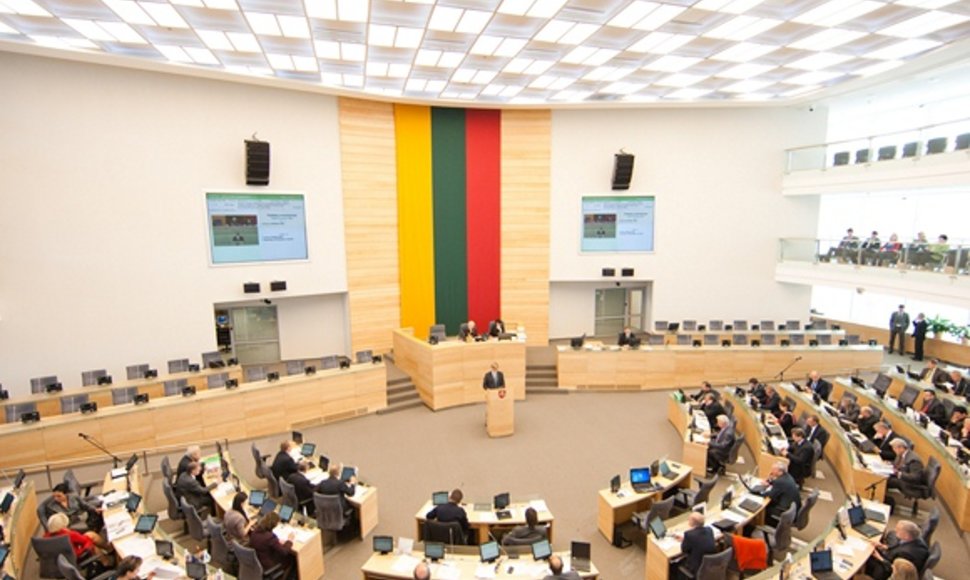77 lawmakers voted for the vetoed amendments to the Law on Public Procurement to come into force, 19 were against and 12 abstained. At least 71 votes are needed to reject a presidential veto.
In the middle of March, the Seimas adopted amendments not to apply provisions of the Law on Public Procurement, stating that legal entities receiving over 50 percent of funds from the state must buy goods and services through public tenders, to political parties and political campaigns.
The president vetoed the amendments saying that such regulations would give political parties unfounded privileges, run counter to an EU directive and pose the risk of sanctions against Lithuania.
The president returned the law with her proposal to allow political parties not to apply the law only if parties buy advertising, publishing and printing services. The president believes that would prevent the risk that public procurement procedures would hinder parties' political campaign.
Lithuanian lawmakers amended the Law on Public Procurement after business was banned from supporting political parties, and donations from the state budget became the only source of funding for political parties. As of January, legal and natural persons are barred from donating to political parties, and only natural persons are allowed to donate to political campaign.
Disgraceful decision
Solveiga Cirtautienė, an adviser to Lithuanian President Dalia Grybauskaitė, has called the decision by the country's parliament to reject a presidential veto disgraceful.
"We have to state that, unfortunately, it's a very disgraceful decision by the Seimas, clearly showing that while making decisions related to political parties they tend to claw hold of privileges and various other exemptions they have, and they, unfortunately, don’t want to loose them," the presidential adviser told journalists after the vote.












